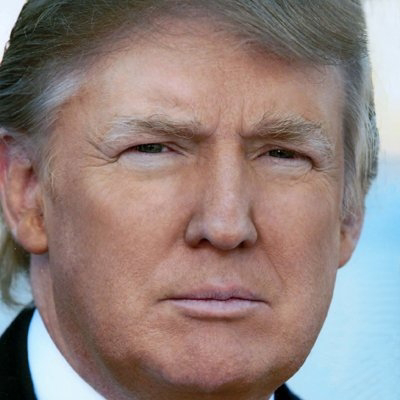Under Trump, U.S. human rights reports will flag abortion, gender care
---
What’s Actually Happening
1. Shift in U.S. Human Rights Reports
According to The Washington Post, the Trump administration is overhauling how the State Department writes its annual human rights reports.
Under new instructions, U.S. diplomats will report on things like abortion (including abortion rates and state subsidies) and “gender-affirming care for minors.”
The report’s language refers to gender-affirming care as “chemical or surgical mutilation.”
It will also discuss other “infringements” that reflect the administration’s conservative values: euthanasia, affirmative action, and speech restrictions.
These changes are being overseen by Secretary of State Marco Rubio.
2. Broader Ideological Reorientation
The administration describes its new vision as focusing on “God-given” or “natural” rights, rather than a more expansive, post–World War II/liberal international human rights framework.
Critics say this move diverts attention away from traditional human rights violations — things like torture, political persecution, or systemic violence.
3. Transgender “Gender-Affirming” Care
On Jan 28, 2025, Trump signed Executive Order 14187, titled “Protecting Children from Chemical and Surgical Mutilation.””
This order instructs federal agencies to restrict or cut funding for gender-affirming care for people under 19.
The order frames such care (hormone therapy, puberty blockers, surgeries) very negatively, calling it “mutilation” and “sterilizing.”
It also directs HHS to re-evaluate insurance coverage (Medicaid, Medicare, etc.) for gender-affirming treatments for minors.
According to Human Rights Watch, these policies have led to increased barriers to care, with some institutions pausing services due to legal risk.
4. Abortion Policy
The Trump administration has reinstated and expanded the “Global Gag Rule” (also known as the Mexico City Policy), which restricts U.S. funding to NGOs abroad that provide or even talk about abortion services.
There is also a new executive order, Executive Order 14182, “Enforcing the Hyde Amendment,” which prohibits federal taxpayer dollars from funding elective abortions.
In the human rights report context, U.S. diplomats are now mandated to report on state-subsidized abortion, the “total estimated number of annual abortions,” and related issues in foreign countries.
5. Criticism & Risks
Human rights advocates (like Amnesty International, Human Rights First) argue that this repurposing of the human rights report risks undermining U.S. credibility on human rights, because it minimizes or ignores traditional abuses (like political persecution or violence).
Some see it as a politically motivated reframing: shifting human rights definitions to align with conservative, religious, and ideological priorities rather than universal/global human rights norms.
There are legal challenges underway, especially around the transgender care order.
---
Why This Matters
Redefinition of “Human Rights”: By emphasizing “natural rights” (like “right to life” in the context of abortion), the administration is pushing a different framework for what “human rights” means internationally — not just civil and political freedoms but also conservative social issues.
Potential Hypocrisy: Critics argue the U.S. may lose moral authority: if it uses its human rights report to flag abortion or trans care, but reduces scrutiny of more severe abuses (torture, repression), it could be seen as selective enforcement.
Impact on Global Aid: With the reinstated global gag rule, international organizations working on reproductive health may lose U.S. funding, affecting services for vulnerable populations.
Domestic & International Signal: The new approach signals to other countries that the U.S. prioritizes conservative values. It could embolden governments with similar ideologies or pressure countries on gender and reproductive issues.
---



Comments